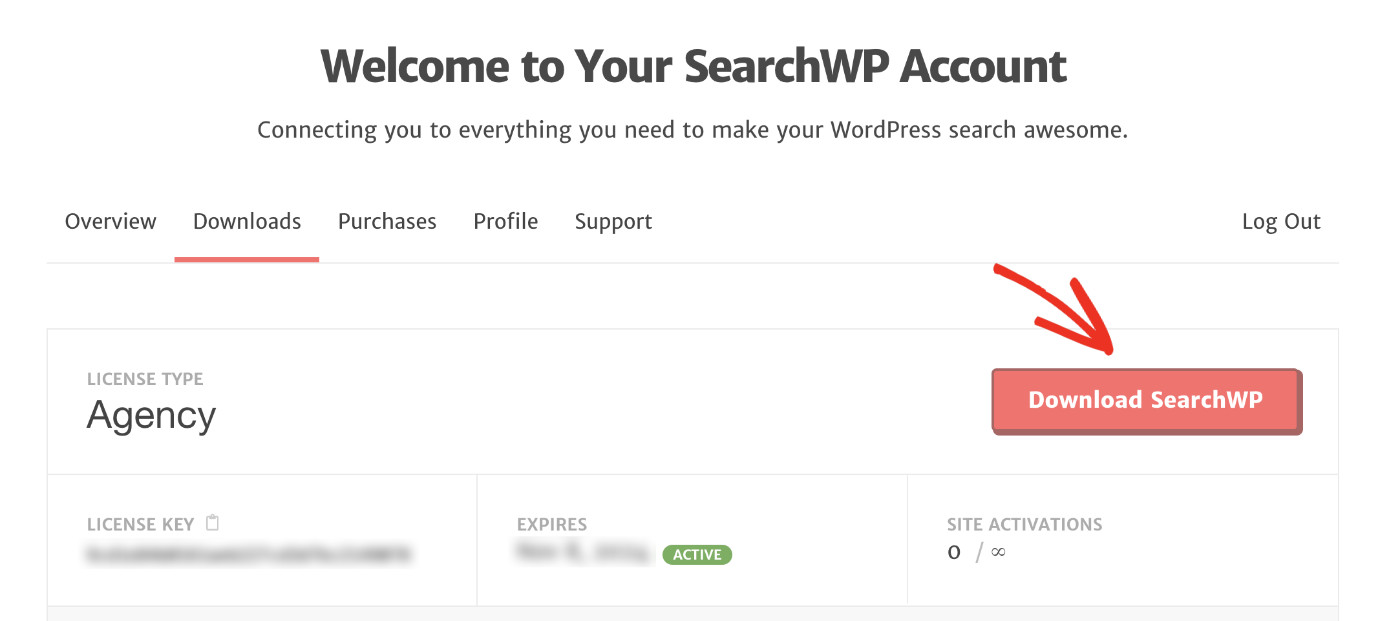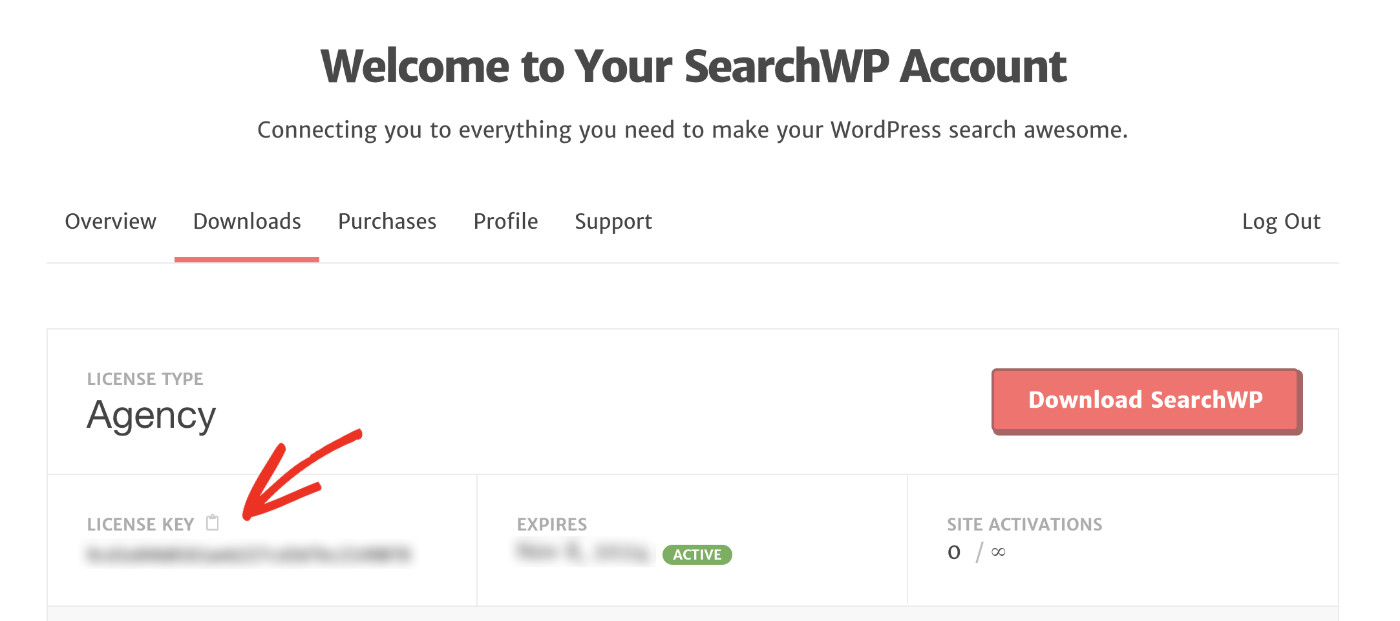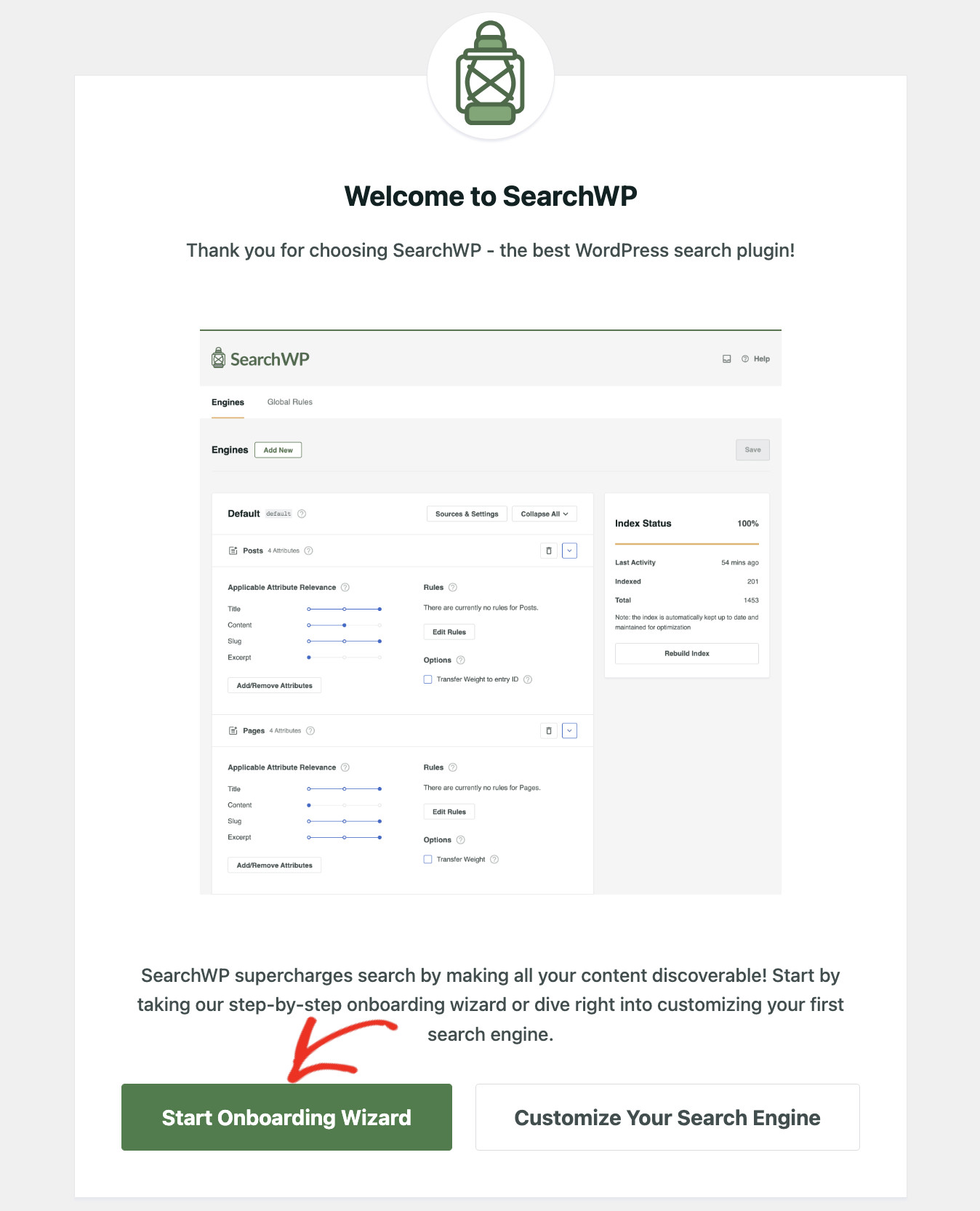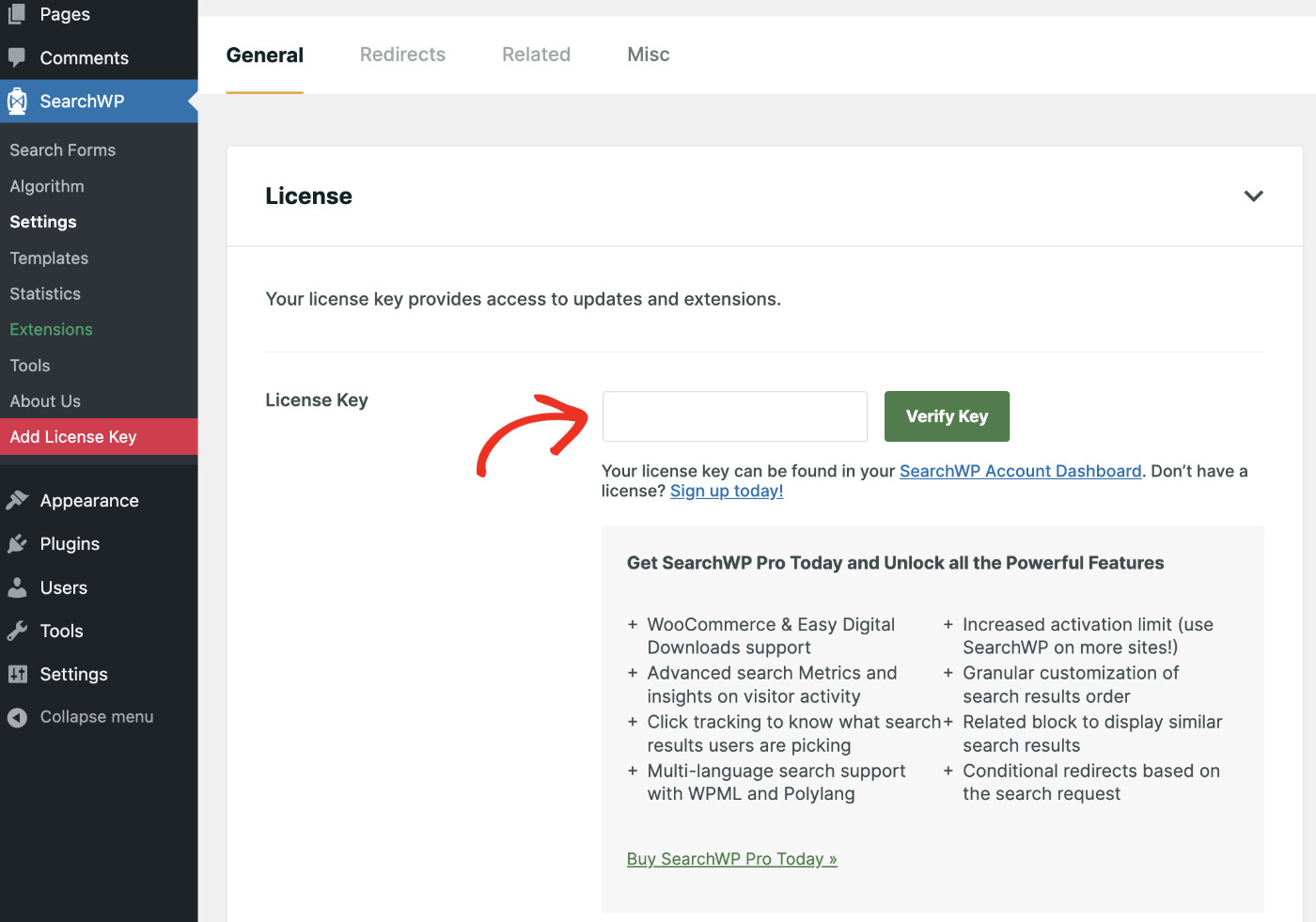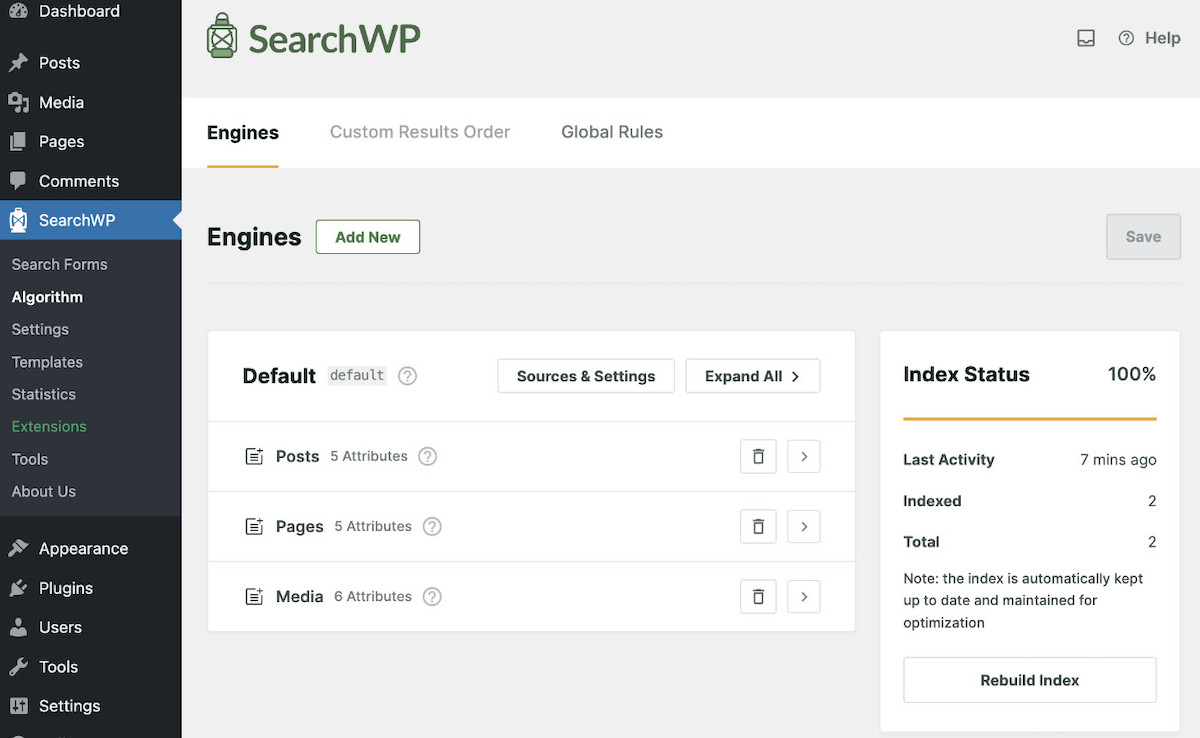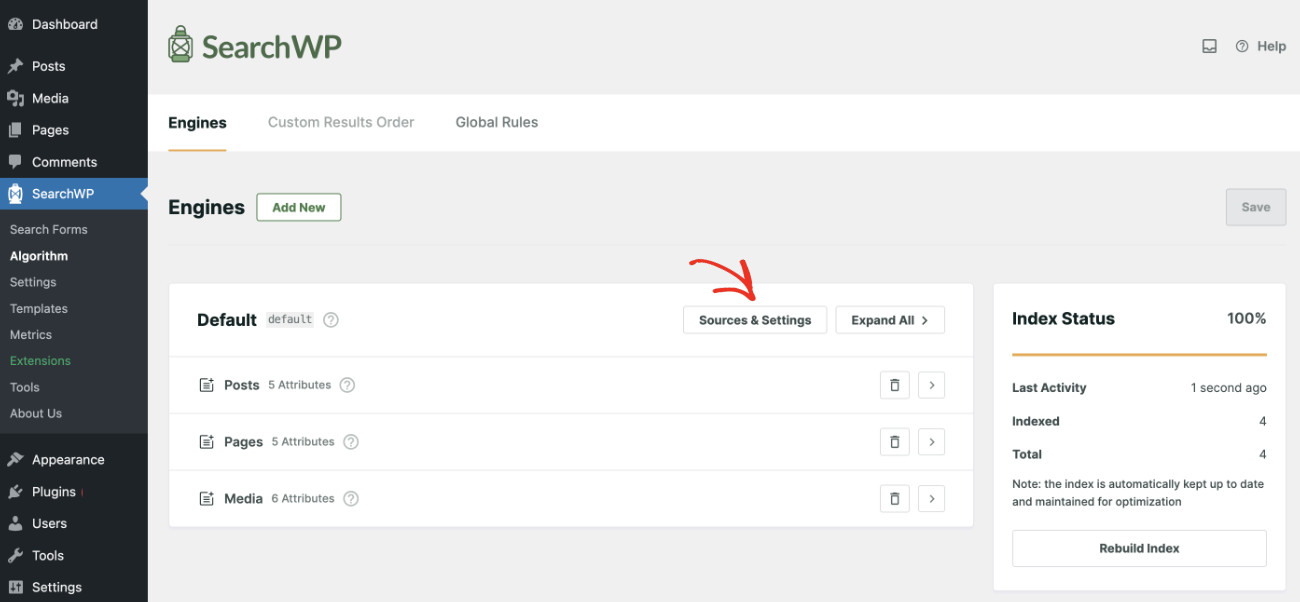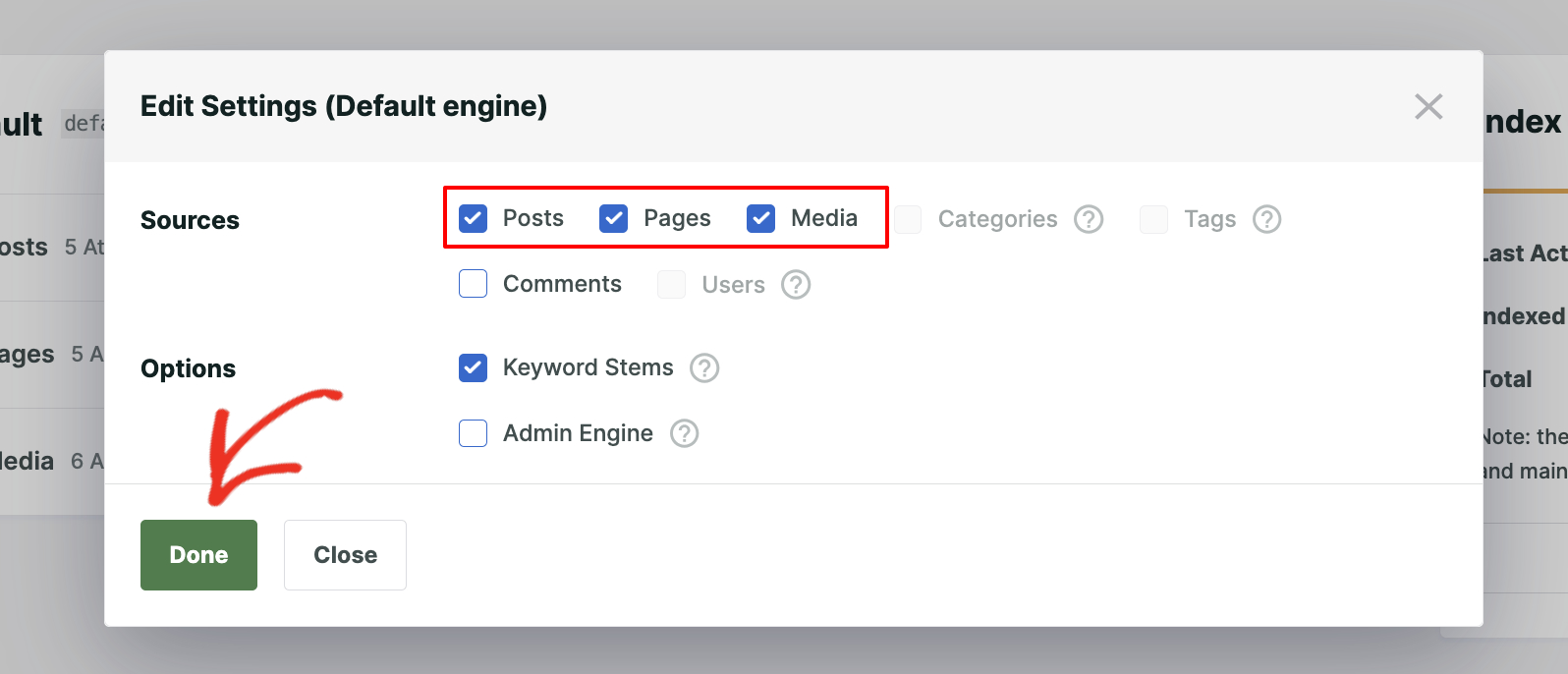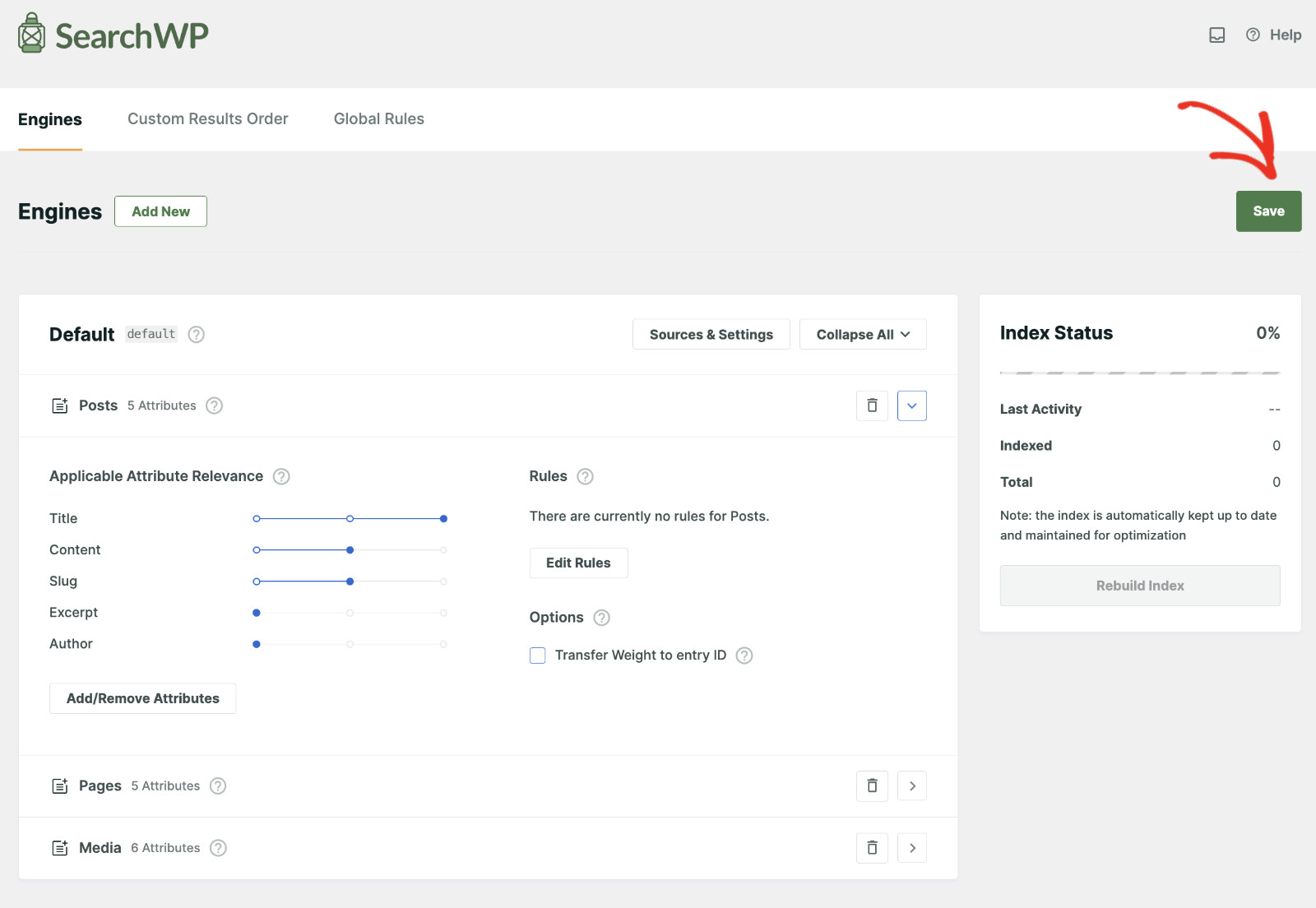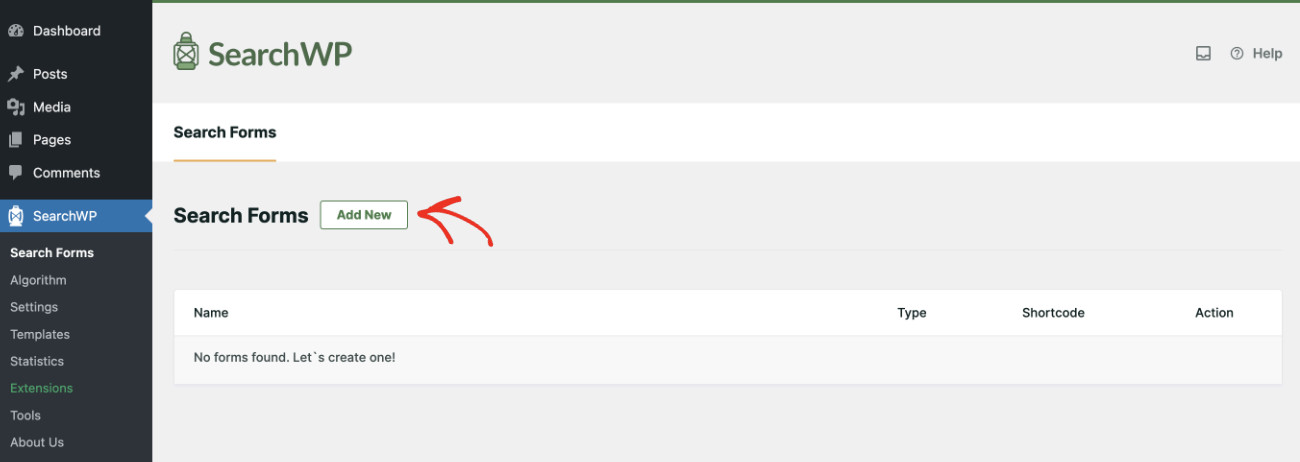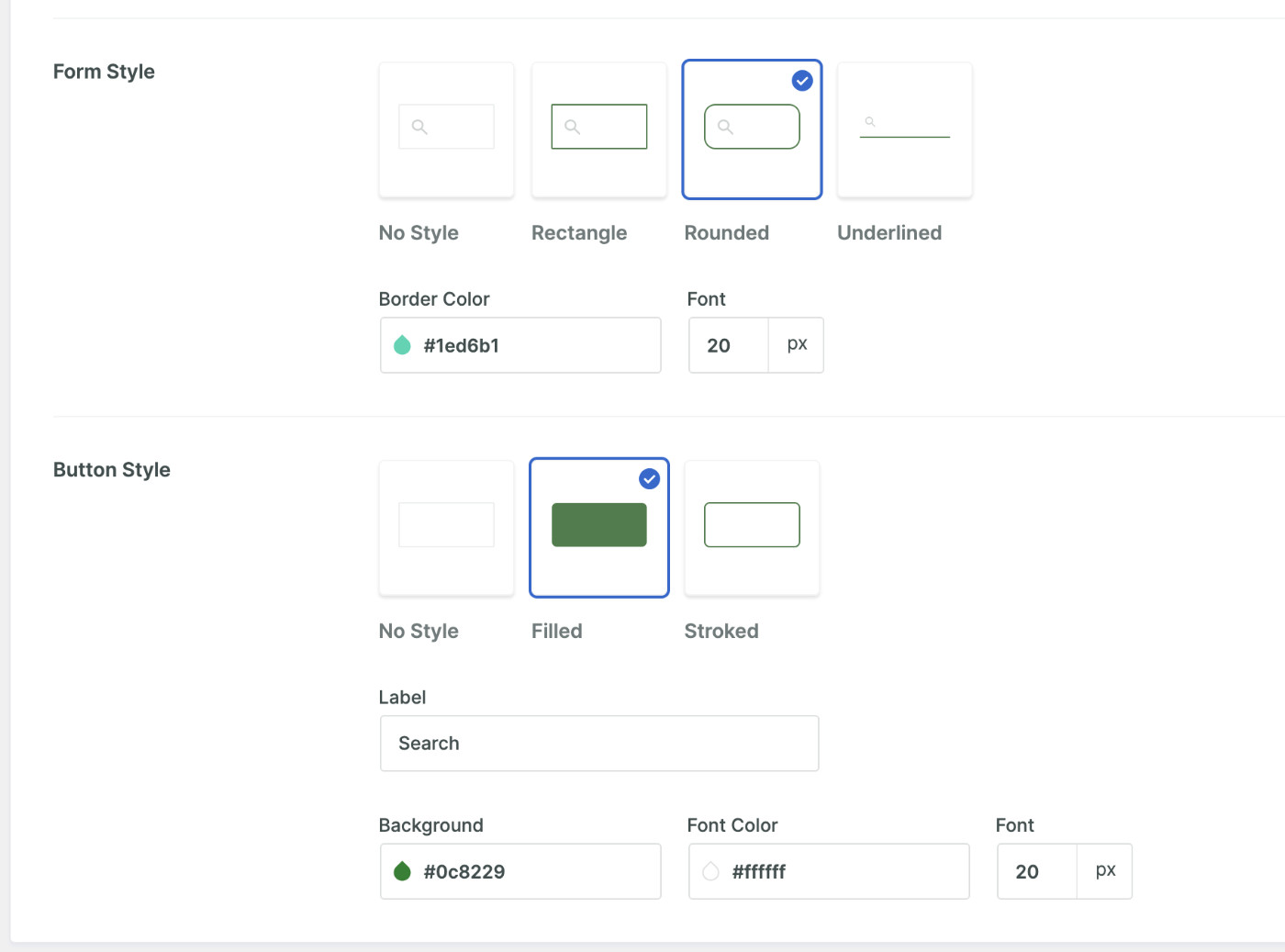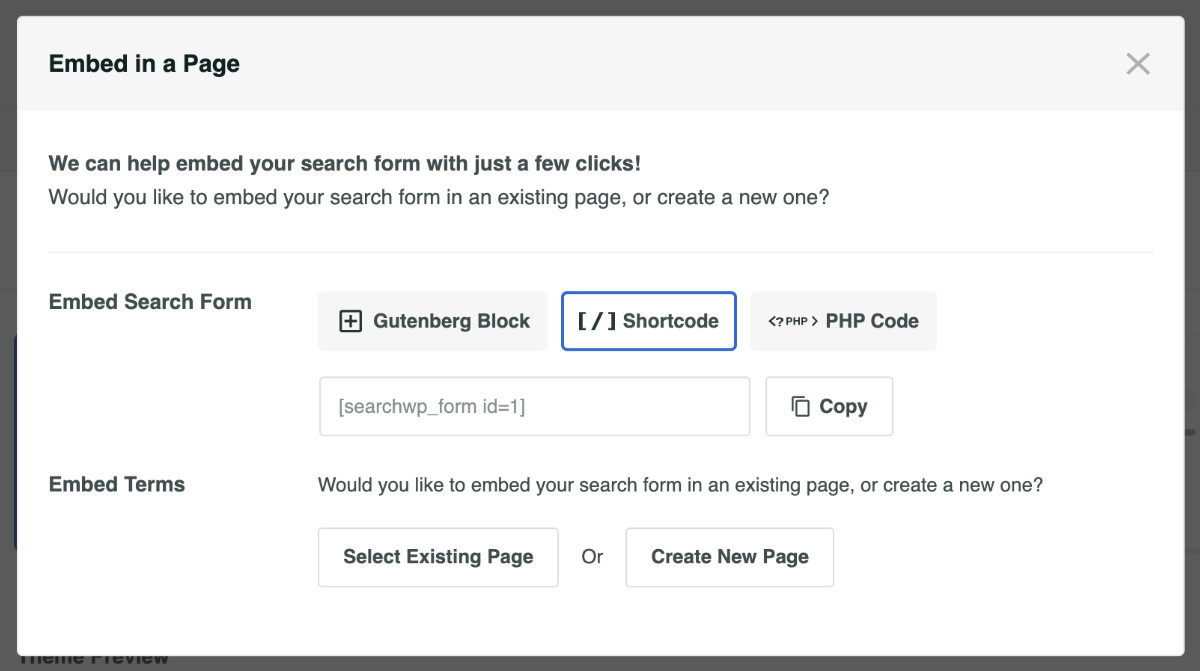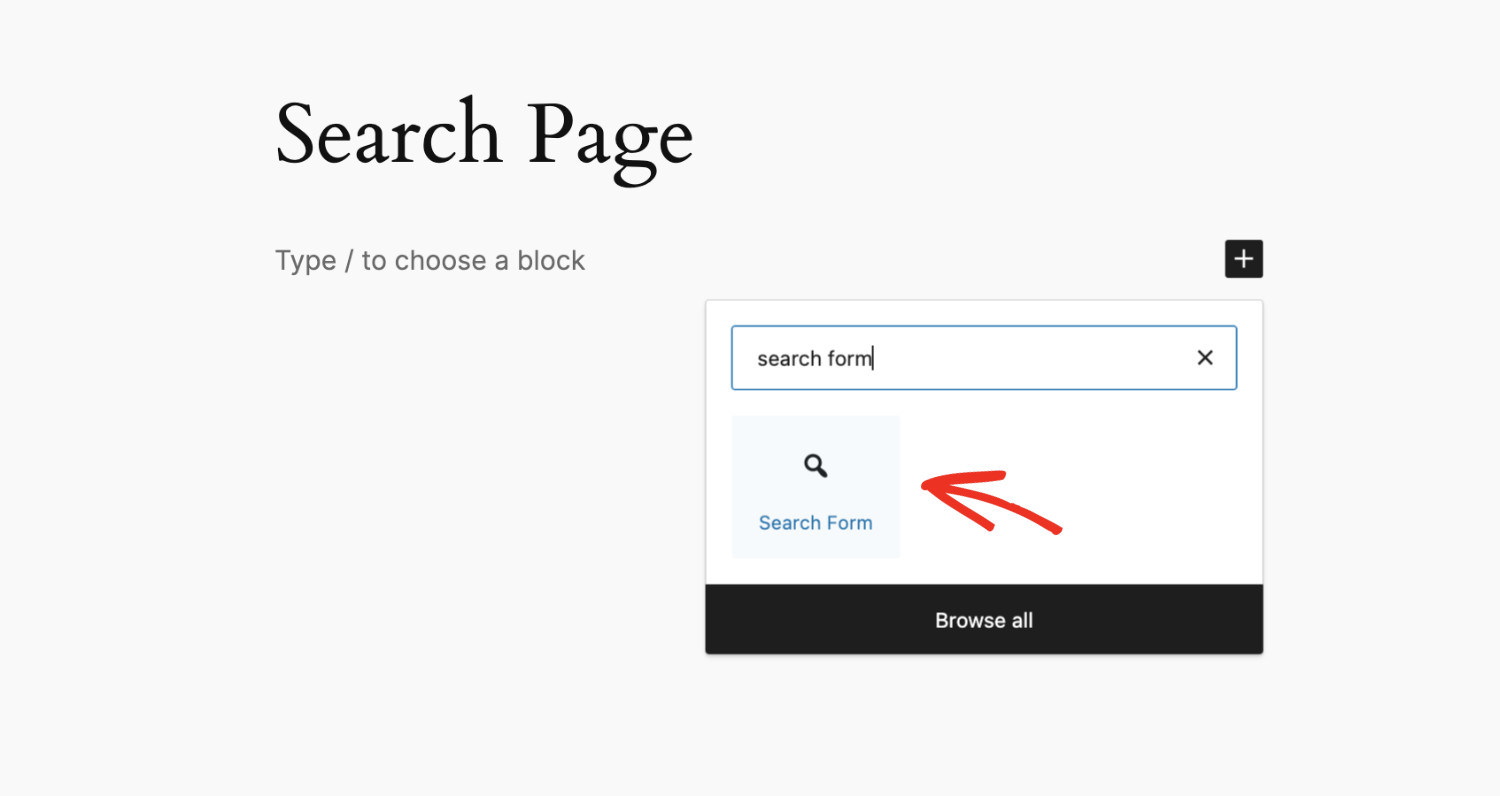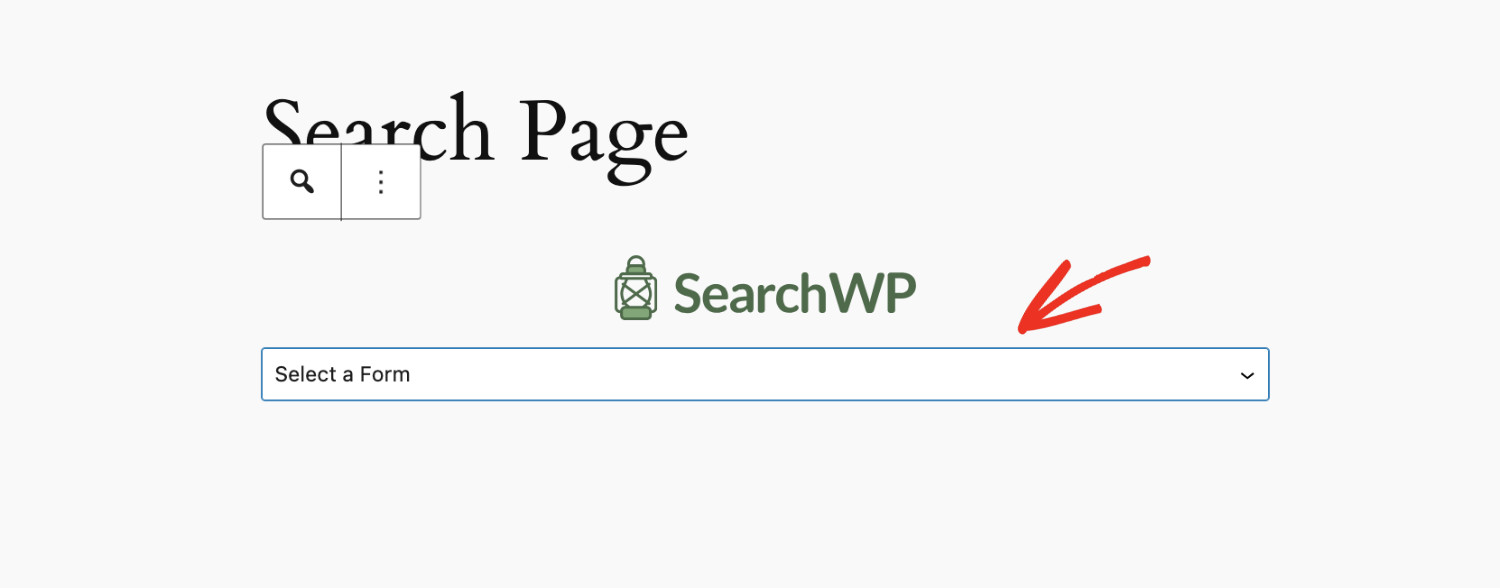
Are you trying to add filters to WordPress search?
Search filters are incredibly useful, especially for websites with extensive content. This feature allows users to refine their search by categories like Media, Pages, Posts, Authors, and Tags, helping them find exactly what they need more efficiently.
In this article, we’ll show you how to add filters to WordPress search, enabling you to improve user experience and make your website content more accessible.
Key Takeaways:
- Understand how search filters can improve your website’s user experience.
- Learn how to add filters to WordPress search using SearchWP.
- Explore advanced ways to enhance your site’s search functionality.
Why Add Filters To Your WordPress Search?
If your website is content-rich, allowing users to filter their searches can significantly enhance their experience.
By adding search filters for Post Types (such as Media, Pages, and Posts), Authors, and Tags, you enable visitors to narrow their search and find exactly what they’re looking for.
For instance, if you have a blog with various articles authored by different contributors, users can filter their searches by author to find all posts written by a specific person. Or, they might filter by tags to locate posts that fall under a particular topic.
Adding search filters to your website not only simplifies navigation for your visitors but also helps them discover additional content that might interest them, leading to greater engagement and higher conversion rates.
You can add search filters to various websites, including online stores, blogs, eLearning platforms, and membership sites. So, let’s show you how to add filters to WordPress search.
How To Add Filters To WordPress Search (For Beginners)
The default WordPress search comes with basic functionality and doesn’t allow users to filter search results based on specific criteria. This is where SearchWP comes in.
SearchWP is the most powerful WordPress search plugin, used by over 60,000 businesses worldwide to add advanced search features to their websites.
You can easily add filters to your WordPress search without needing any coding skills using SearchWP. It lets you create a filterable search form, allowing users to filter searches based on post types, authors, or tags.
Here are a few additional features of SearchWP:
- Keyword Stemming: Configure SearchWP to include variations of search terms. For example, you can set searching for “run” to bring up results for “running” and “runner.”
- Search Behavior Analysis: Analyze search trends to track what visitors are searching for on your site. This data can offer valuable insights into user preferences, helping you refine your content strategy and boost engagement.
- Filter Out Irrelevant Results: Improve the accuracy of search results by excluding non-relevant content such as pages or posts. This ensures that users find exactly what they need quickly and efficiently.
Now, let’s walk you through the steps to add filters to WordPress search.
Step 1: Install & Activate SearchWP
Start by selecting the SearchWP package that best suits your needs, as each package offers different benefits.
Once you’ve made your purchase, log in to your Account and download the plugin file from the Downloads tab.
Next, copy the license key from the same section. You’ll need it to activate your SearchWP plugin.
Proceed to install and activate the plugin just like any other WordPress plugin.
After activation, you’ll see a welcome wizard. Click the “Start Onboarding Wizard” button to get assistance with the initial setup.
If you prefer to set up manually, head over to SearchWP > Add License Key. Enter the license key you copied earlier in the designated field, then click “Verify Key” to activate the plugin.
Once your license key is confirmed, you’ll see your licensing details, indicating the successful activation of the plugin.
Step 2: Customize Your WordPress Search Algorithm
SearchWP will start indexing your site’s content automatically after activation. However, you can customize the search algorithm to better fit your needs. To do this, go to SearchWP > Algorithm.
The default settings index Posts, Pages, and Media files. You can adjust these by clicking on the “Source & Settings” button.
Select the content sources you want to include in your search, then click “Done” to save your changes.
Please note: Users can filter their search based on these sources using the Post Type filter shown in the next section.
When you’re satisfied with the configuration, click “Save” to apply the changes. Your search engine setup is now complete.
The index will update automatically to reflect any changes. However, if you see a notice saying, “The index needs to be rebuilt,” click the “Rebuild Index” button to manually trigger a full reindexing.
Step 3: Create A Filterable Search Form In WordPress
Now that the search engine is configured, let’s create a search form that includes filters.
To do that, go to SearchWP > Search Forms and click the “Add New” button.
Give the search form a name that will help you easily identify it later. Select “Advanced Search” from the Layout Theme options to add filters to your WordPress search.
Scroll down to configure the search form settings. Make sure the “Advanced Search” is enabled. This feature is responsible for adding search filters.
Ensure the correct search Engine is selected. If you’ve created multiple search engines, you’ll see them listed in the dropdown menu.
You can choose to use the default WordPress Results page or the SearchWP Results page. The advantage of selecting SearchWP Results is that you can make advanced customization.
Now, from the “Advanced Search Filters” option, choose which filters you want to include in the search form. SearchWP currently offers filtering for Post Types (such as Posts/Pages/Media/Products), Authors, and Tags.
Please note: Only filters currently in use will be shown on the live site. If a filter isn’t shown on the search form, even if it’s listed here, it means there’s no content associated with that filter.
Finally, customize the search form design according to your website theme. You’ll have different controls for changing the color and size of both the search form and the button styles.
Once you’re satisfied with your configuration, click “Save” to create a filterable search form in WordPress.
Step 4: Embed The Filterable Search Form In WordPress
There are several ways to add a filterable search form to your site. Click the “Embed” button next to the “Save” button to see all options.
In the popup modal, you’ll find multiple methods for embedding your search form. Choose the method that works best for your site.
Let’s show you how to add your filterable search form using the Gutenberg Block editor.
Open the page where you want to add the search form in Edit mode. Then, find your desired location and click the “+ Add block” button.
Then, find and select the “Search Form” block from the Gutenberg Block collection.
Click “Select a Form” and choose the search form you just created using SearchWP.
Finally, click “Save/Publish” depending on your situation. That’s it!
Visit the published page to start using your filterable search form in WordPress!
Expert Tips To Supercharge Your WordPress Search
Whether you have an online store, blog, or membership site, you can improve your users’ search experience by adding these features using SearchWP—no coding required.
- Add Live Search for Instant Results: Enhance user experience with Ajax-powered live search, providing immediate feedback as users type.
- Customize Search Rankings: Highlight featured products by customizing search result orders, driving more visibility and conversions.
- Set Up Custom Redirects: Direct users to the most relevant pages based on their search terms, perfect for highlighting special promotions or popular content.
- Secure Private Content: Restrict access to exclusive content for specific audiences, such as subscribers or members, ensuring that private material remains protected and viewable only by authorized users.
Conclusion
Having a search filter is a fantastic way to help visitors easily find what they’re looking for. We hope you were able to add filters to WordPress search by following this tutorial. We believe you’d love to know how to add category search to WordPress as well.
Get SearchWP now to provide your visitors with a better way to navigate your content!



